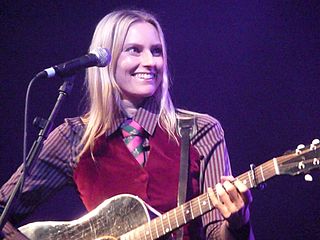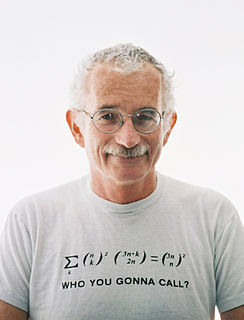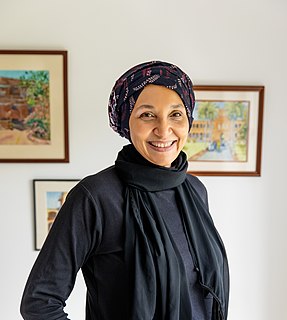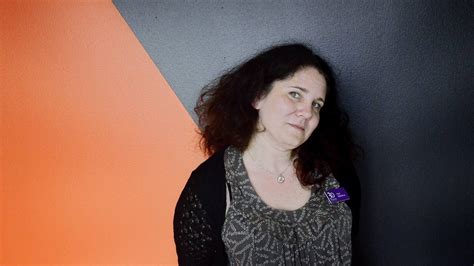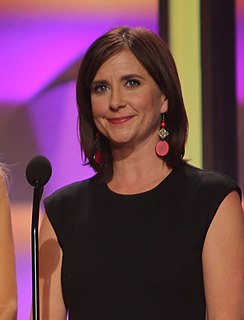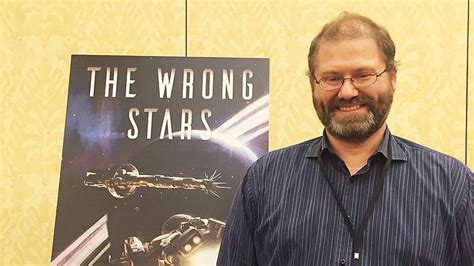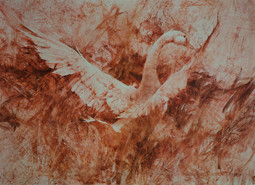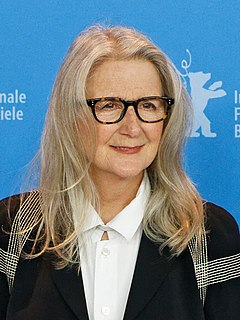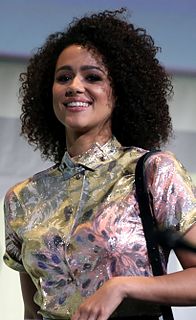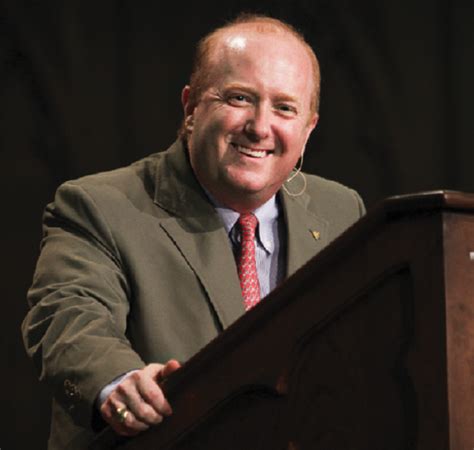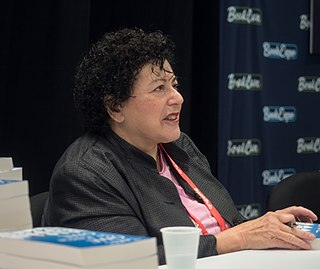Top 1200 Fictional Worlds Quotes & Sayings
Explore popular Fictional Worlds quotes.
Last updated on December 18, 2024.
There are only two worlds - your world, which is the real world, and other worlds, the fantasy. Worlds like this are worlds of the human imagination: their reality, or lack of reality, is not important. What is important is that they are there. these worlds provide an alternative. Provide an escape. Provide a threat. Provide a dream, and power; provide refuge, and pain. They give your world meaning. They do not exist; and thus they are all that matters.
Kafka is one of my very favorite writers. Kafka's fictional world is already so complete that trying to follow in his steps is not just pointless, but quite risky, too. What I see myself doing, rather, is writing novels where, in my own way, I dismantle the fictional world of Kafka that itself dismantled the existing novelistic system.
My fictional worlds were those of a fabulist, of an intellectual fantasist. I was the lawgiver, and the countries and inhabitants of my imagination were answerable to me. If I wished for a man to levitate; to enter another's story by rowboat or by intoning a sentence or by performing a shadow-puppet play; if I wanted him to become a swarm of intelligent elementary particles and enter the Internet and travel into the past and far into the future, it was so.
One of the things that makes characters real is details. Life offers a lot of details. You just have to choose and use them wisely. When you give them to fictional people and a fictional story, their purpose and their meaning changes, so it's best to see the version in the book as fiction entirely, wherever it started out.
I've always written towards movies that take place across two worlds. Most of the movies that I've worked on take place in two worlds, or sometimes three worlds, where you have a normal world and a fantasy world that mix and overlap. I never shy away from the series stuff in the real world. Big Fish is about mortality.
Distribution may not matter in fictional worlds, but it matters in most. The Field of Dreams conceit is especially popular in Silicon Valley, where engineers are biased toward building cool stuff rather than selling it. But customers will not come just because you build it. You have to make this happen, and it's harder than it looks.
When you're training as an actor, a lot of the big work you're learning is to treat fictional characters like real people. You don't have the problem of discovering a backstory with real people, but there's always a mystery which is common to both fictional and factual characters. They are never quite the person you think they are.
When I write fiction, I have the illusion of being able to control these fictional worlds and these characters, and to make them say what I want them to say. Of course, the problem is that it is an illusion, and by the end of it you realize that you're not in control of it at all; the characters have taken over, and they're driving the vehicle.
There, Master Niketas,’ Baudolino said, ‘when I was not prey to the temptations of this world, I devoted my nights to imagining other worlds. A bit with the help of wine, and a bit with that of the green honey. There is nothing better than imagining other worlds,’ he said, ‘to forget the painful one we live in. At least so I thought then. I hadn’t yet realized that, imagining other worlds, you end up changing this one.
I have found that the person with a sense of story built in from childhood is in better shape than one who has not had stories . . One knows what stories can do, how they can make up worlds and transpose existence into these worlds. . . .One learns that worlds are made by words and not only by hammers and wires.
And now good morrow to our waking souls, Which watch not one another out of fear; For love, all love of other sights controls, And makes one little room, an everywhere. Let sea-discoverers to new worlds have gone, Let maps to other, worlds on worlds have shown, Let us possess one world, each hath one, and is one.
If you look at television shows, which of course are fictional so you don't expect them to be real, but they're constantly showing career women who are also successful mothers and also look gorgeous. And we fall into believing that these fictional lives are somehow accurate depictions of what our real lives should be about.
What writers of fantasy, science fiction, and much historical fiction do for a living is different from what writers of so-called literary or other kinds of fiction do. The name of the game in F/SF/HF is creating fictional worlds and then telling particular stories set in those worlds. If you're doing it right, then the reader, coming to the end of the story, will say, "Hey, wait a minute, there are so many other stories that could be told in this universe!" And that's how we get the sprawling, coherent fictional universes that fandom is all about.

